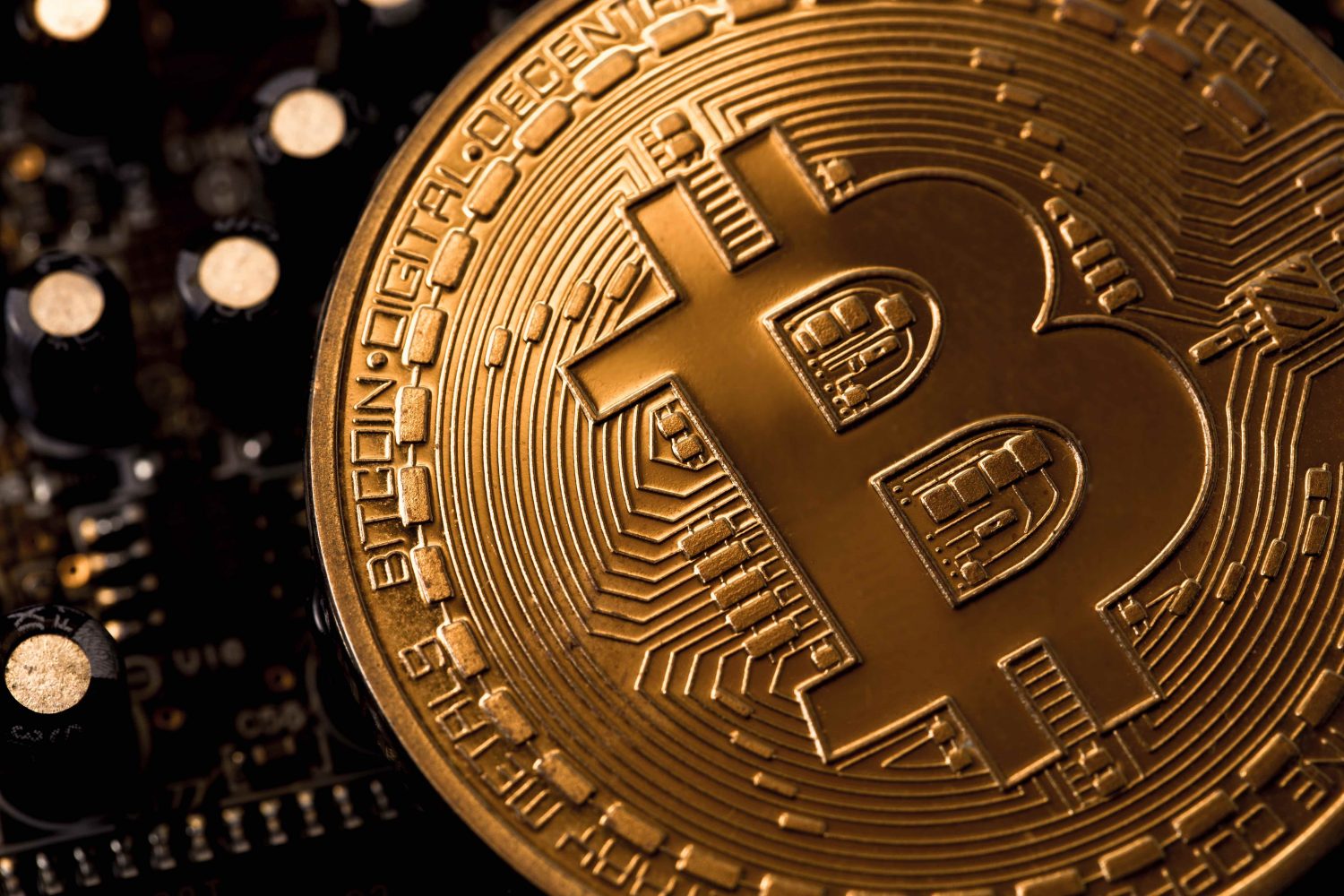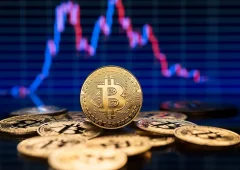Solana Co-Founder Weighs In on Trump’s Bitcoin Reserve
07.03.2025 19:05 1 min. read Alexander Zdravkov
Anatoly Yakovenko, co-founder of Solana, has shared his take on Donald Trump’s Executive Order (EO) concerning a strategic Bitcoin reserve.
He described the move as a “scalpel,” suggesting that it represents a well-defined, precise approach rather than broad and overly restrictive measures, signaling a possible shift toward clearer digital asset regulations.
Yakovenko sees the Executive Order as a step in the right direction for U.S. crypto regulation, calling for clarity around various aspects, including stablecoins and crypto banking.
However, while supporting the effort to regulate Bitcoin more clearly, he also expressed concerns about government overreach. Yakovenko questioned the idea of a central reserve, proposing that states should have the option to manage their own crypto reserves independently. This would avoid potential centralization risks from a federal reserve.
The proposal has raised varying opinions within the industry. Robert Kiyosaki, author of Rich Dad Poor Dad, believes that a Bitcoin reserve could strengthen the U.S. economy, pushing Bitcoin to new heights.
However, there is a contrasting view that such policies could pose a threat to traditional financial markets. Some warn that the rise of stablecoins and the growing influence of crypto could undermine established financial structures like Wall Street, shifting power to new sectors in Silicon Valley and beyond.
-
1
Bitcoin Rises as Thousands of Altcoins Disappear
07.07.2025 13:00 2 min. read -
2
Bitcoin: Historical Trends Point to Likely Upside Movement
08.07.2025 16:00 2 min. read -
3
Bitcoin Shouldn’t Be Taxed, Says Fund Manager
07.07.2025 9:00 2 min. read -
4
Strategy Buys 4,225 more Bitcoin, Pushing Holdings to 601,550 BTC
14.07.2025 18:34 2 min. read -
5
Bitcoin ETFs Top $50 Billion in Inflows, Marking Institutional Breakthrough
10.07.2025 11:00 2 min. read
Elon Musk’s SpaceX Moves $150M in Bitcoin
SpaceX has moved 1,308 BTC—worth roughly $150 million—to a new wallet address, marking its first on-chain activity in more than three years.
Here’s When the Bitcoin Cycle May Peak, Based on Past bull Markets
According to a new chart shared by Bitcoin Magazine Pro, the current Bitcoin market cycle may be entering its final stretch—with fewer than 100 days remaining before a potential market top.
Bitcoin Price Prediction: $130K in Sight After ‘Crypto Week’ Boost
Bitcoin (BTC) is once again hovering near its all-time high today as trading volumes have jumped by 13% in the past 24 hours upon breaking the $119,000 barrier, favoring a bullish Bitcoin price prediction. The top crypto has booked gains of 16% in the past 30 days and reached a new record at $123,091 earlier […]
Support Test or Breakout Ahead? Bitcoin Hovers at Key Decision Zone
Bitcoin is consolidating around $119,000 after last week’s all-time high above $123,000.
-
1
Bitcoin Rises as Thousands of Altcoins Disappear
07.07.2025 13:00 2 min. read -
2
Bitcoin: Historical Trends Point to Likely Upside Movement
08.07.2025 16:00 2 min. read -
3
Bitcoin Shouldn’t Be Taxed, Says Fund Manager
07.07.2025 9:00 2 min. read -
4
Strategy Buys 4,225 more Bitcoin, Pushing Holdings to 601,550 BTC
14.07.2025 18:34 2 min. read -
5
Bitcoin ETFs Top $50 Billion in Inflows, Marking Institutional Breakthrough
10.07.2025 11:00 2 min. read


